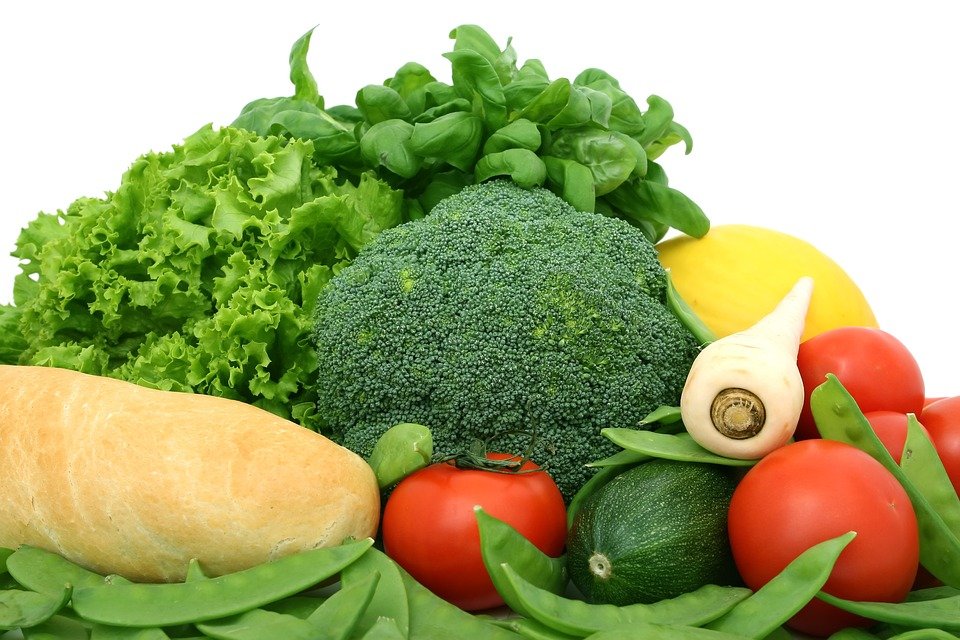Importance of pH in feeding
0 comments

Greetings dear readers and friends of @Project.HOPE, continuing our thematic line, about the value of certain parameters or variables of research, in this in this thematic segment I will approach contents related to the importance of the pH in the feeding.
It is of vital importance, to know the acid or alkaline content of the foods, because the balanced consumption of these, favors the omeostatic balance of the organism, whereas, an unbalanced ingestion reduces the immunity, increases the appearance of diseases, creates disorders of physical and mental development.

Fig. 2 Frequent abdominal pain is a symptom caused by pH imbalances, basically generated by unbalanced food intake. Image of public domain, Author: Derneuemann, 2017
The foods in fresh state or processed, contribute the nutrients, minerals and the necessary energy, to fulfill the biological processes that maintain the physiological balance of our organism, however, the value of pH in foods is an element to consider for a suitable nutrition, mainly because, it escapes like indicator of the acid content of a certain food or drink, information referential widely used by nutritionists in the design of balanced and healthy diets.
Reference ranges of pH in foods
In the following table, you can detail reference ranges of the pH of some foods:
| Dairy | |
| Fish | |
| Red meat | |
| Mature fruits | |
| Dry fruits | |
| Tubers | |
| Vegetables |
The disorders of physical and mental development that are generated as a result of pH imbalances, is why it is recommended to plan food intake, developing menus whose meals contain amino acids, enzymes, vitamins, minerals in a proportion of pH balanced to neutral, essentially because the uncontrolled consumption of acidic foods, generate imbalances of hydrochloric acid in the stomach, alteration of the secretion of acid in glands, among other physiological abnormalities that affect health.
BIBLIOGRAPHICAL REFERENCES CONSULTED:
[1] Visakh P., Iturriaga L., Ribotta P. Advances in food science and nutrition. John Wiley Sons, Incorporated. 2013; 2. Article: Online access
[2] Visakh P. Food Chemistry and Technology State of the Art, New Challenges and Opportunities. 2014. Article: Online access
Comments